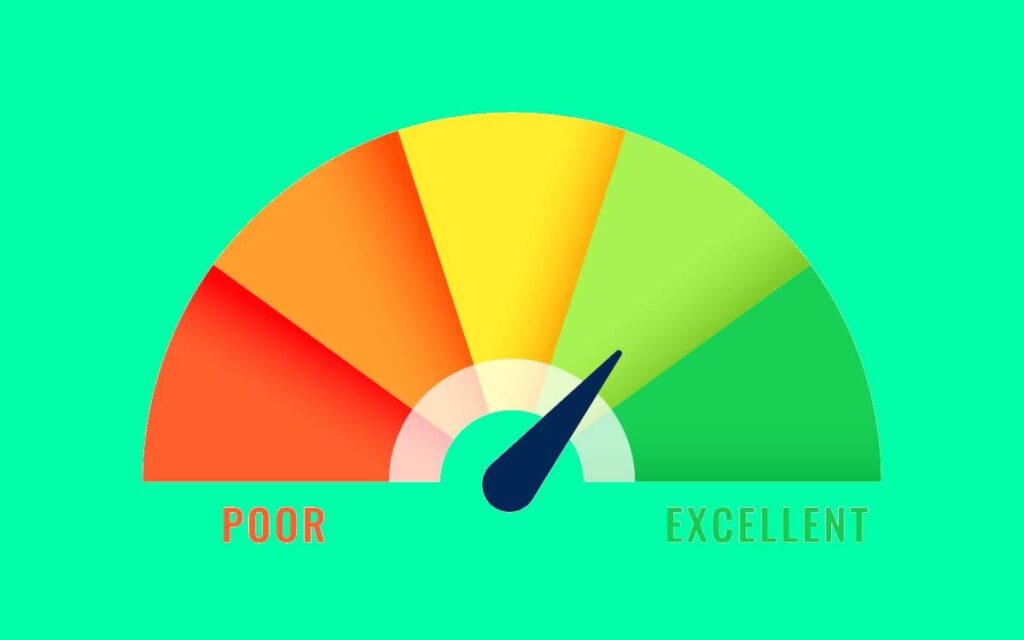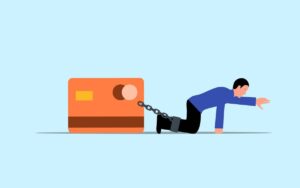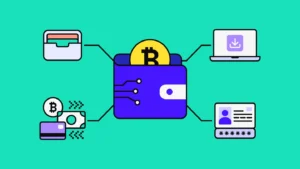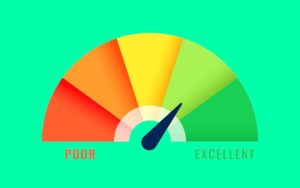
Achieving an Excellent Credit Score: Steps You Can Take to Boost Your Score
1. Review Your Credit Reports
- Time Required: 1-3 hours
- Start by pulling your credit reports from the three main credit bureaus: Equifax, Experian, and TransUnion. Check for any errors that could be dragging down your score, like inaccurate late payments or accounts that don’t belong to you.
- Tip: You’re entitled to a free annual report from each bureau at AnnualCreditReport.com.
2. Stay on Top of Bill Payments
- Time Required: 1-2 hours to set up
- Payment history has the most significant impact on your score. To avoid late payments, set reminders for due dates or automate payments through your bank.
- Pro Tip: Consider using a credit card for recurring bills and paying it off in full each month to simplify bill management and build a positive payment history.
3. Keep Your Credit Utilization Below 30%
- Time Required: Varies by financial situation
- Credit utilization, or the amount of available credit you’re using, is the second-biggest factor in your score. Aim to keep your usage below 30% of your total credit limit. Ideally, work toward 10% or lower for optimal results.
- Quick Boost Tip: Request a credit limit increase from your credit card issuer. Just make sure not to increase spending as well.
4. Limit Applications for New Credit
- Time Required: Ongoing
- Each time you apply for new credit, a hard inquiry is made, which can temporarily lower your score. Limit the number of applications, especially within short time periods, to avoid unnecessary drops.
- Did You Know? Soft inquiries (like checking your own credit score) don’t affect your score, so you can monitor it regularly without penalty.
5. Build Credit with a Thin Credit File
- Time Required: 3-6 months to see results
- If you have limited credit history, consider programs like Experian Boost or UltraFICO, which factor in on-time payments for utilities or rent. These programs help establish a credit history, even if you don’t use credit cards or loans regularly.
- Alternative Options: Rent-reporting services like Rental Kharma can add your rental payments to your credit report, giving your score a small lift.
6. Keep Old Accounts Open and Address Delinquencies
- Time Required: Ongoing
- The longer your credit history, the better. Avoid closing old credit accounts, as this can increase your credit utilization and shorten your credit age.
- If You Have Delinquencies: Try to catch up on overdue accounts and set up a plan for future payments. For collection accounts, paying them off can have a modest positive effect, especially with newer credit scoring models.
7. Consolidate Debt to Simplify Payments
- Time Required: 2-3 hours
- Consolidating debt can make it easier to manage payments and potentially lower your interest rate. A debt consolidation loan or balance transfer credit card with a low introductory rate can help pay down balances faster, improving your credit utilization.
- Watch Out For: Balance transfer fees, which are usually 3-5% of the transferred amount. Ensure the savings in interest outweigh any fees.
8. Monitor Your Credit for Progress and Potential Fraud
- Time Required: 20 minutes to set up
- Regular credit monitoring can help you track improvements and detect any signs of fraud. Many banks offer free credit score monitoring services, and there are also third-party services available.
- Benefit: If there’s a sudden drop in your score, you can investigate immediately and potentially dispute any errors.
Frequently Asked Questions
1. Does Paying Off Collections Boost My Score?
- Paying off collections might not immediately boost your score since collections stay on your report for seven years. However, newer scoring models discount paid-off collections, so it could still help over time.
2. Will Paying Off a Loan Help or Hurt My Score?
- Paying off a loan can slightly lower your score, as it affects your credit mix and credit age. However, the effect is usually temporary, and being debt-free is ultimately beneficial.
3. Does Paying Only the Minimum on My Cards Help My Score?
- No, it doesn’t boost your score on its own. While making minimum payments prevents late fees, paying down the balance improves credit utilization, which has a stronger effect on your score.
4. How Long Does It Take to Improve a Credit Score?
- The time frame depends on what’s holding your score back. For instance, reducing high credit utilization can improve your score within a month, while fixing late payments takes longer.
5. Does Getting a New Credit Card Hurt My Score?
- Getting a new card can lower your score temporarily due to the hard inquiry and reduced average credit age. However, in the long run, it can improve your credit utilization if you keep balances low.
The Bottom Line
Improving your credit score is possible with a few strategic steps. Whether you’re aiming for a mortgage, a car loan, or better interest rates, boosting your score can open doors and save you money. Remember that while some methods yield faster results, achieving a solid credit score is often a gradual process. Stick with it, and you’ll start seeing progress in no time.







